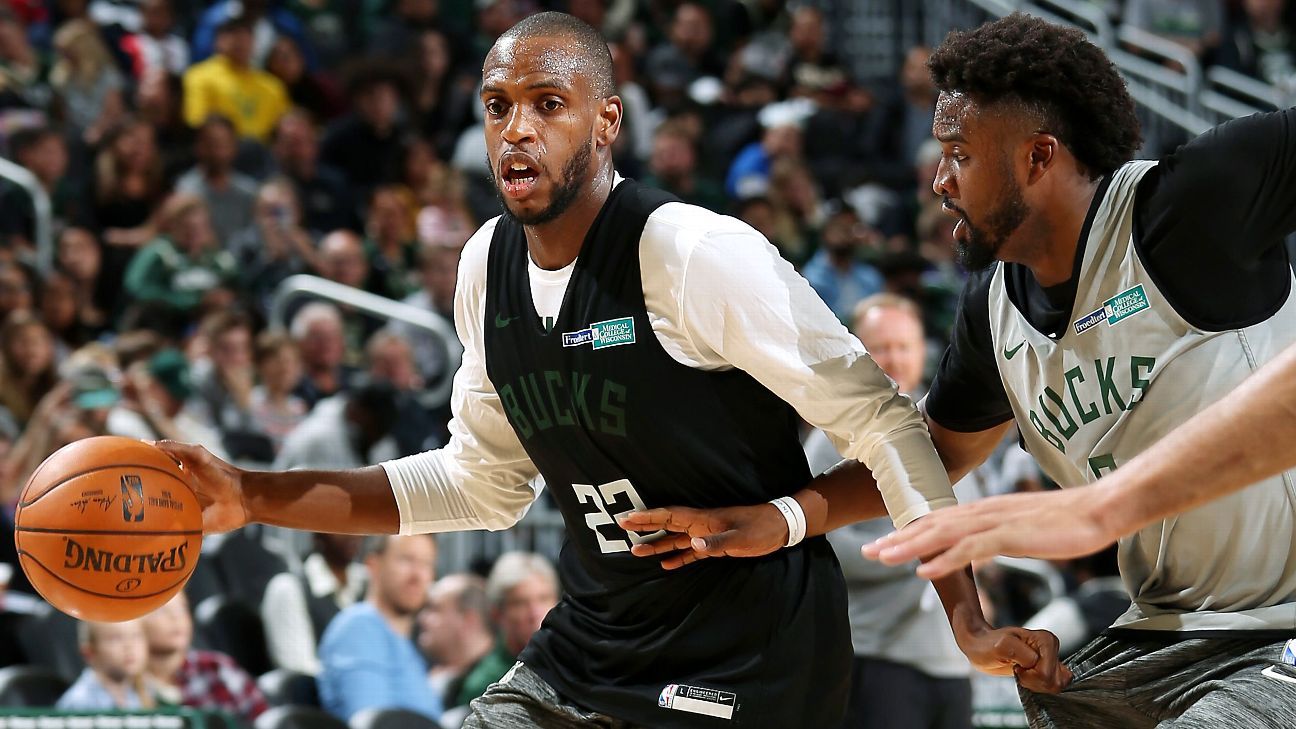
While it's unclear how much time will elapse before play resumes in the 2019-20 NBA season, if it does at all, there are concerns among the league's general managers and athletic training staffers that games might begin again before players are physically ready.
"If you tell us two weeks in advance, and all we have is a two-week training camp to [get] guys back to work that have been out of work eight weeks, that's a mess," one NBA general manager said.
Teams are encouraging players to work out at their respective homes -- including providing daily exercise programs, Zoom workout sessions and equipment. But a long layoff will mean that virtually every player will not be in game shape, with some being much further from that benchmark than others.
"You'll have [players] from one extreme to the other," said one athletic training staff official involved with numerous NBA players. "So you've sort of just got to go with the mindset, 'No one's been training how they should be [and] everyone's very out of shape.'"
In anticipation of this issue, many team officials said there needs to be at least a month-long period to help players physically acclimate and prepare after the layoff to avoid a potential spate of injuries that could follow, according to interviews with athletic training staffers and general managers across the league.
The hope for this length of prep time comes as several athletic training staffers acknowledge that the longer the season remains suspended, the more financial losses the league will accrue, leading to a greater sense of urgency to expedite a return to play.
An Eastern Conference general manager wondered, "I don't know where the line in the sand is, or where the threshold of pain is. Nobody's missed a check yet, but you miss a couple checks, the NBA starts laying people off, those things will start to propel [us forward].
"[Then] I'm afraid a little bit more of [how] decisions are made."
One question keeps emerging when general managers and athletic training staffers consider how much time players would need to return to game shape: What exactly would players be returning to? A potential regular season? Or a postseason?
"If it goes straight to playoffs, [the] level of playing is so much harder than the regular season," one Western Conference head strength and conditioning coach said.
A general manager of a playoff team said if the NBA vaulted straight into the postseason, eligible teams would likely need to host high-intensity scrimmages in their own training facilities, which are now closed. These teams would need at least a month to prepare, which could be broken down into one week of training camp, one week of exhibition games and two weeks of, say, regular-season games -- the layout was as specific as he could be given the current uncertainty and lack of parameters.
"But I need these guys pushing their bodies for at least 30 days prior to the first meaningful basketball game," the GM said. "And by meaningful basketball game, I mean a postseason game."
But GMs and trainers concede that even if they want a month, they may not get it.
"I don't know how we could have that luxury," another East general manager said. "That would be great, but I would say if I had to push it, I would say 10 days to two weeks."
If teams had only two weeks to prepare, one NBA head strength and conditioning coach said the goal during that time would be to focus on basketball-specific training on the court. But even then, another NBA head strength and conditioning coach said it would be important to manage workloads in those initial days.
"I would just not go hard the first day," the NBA head strength and conditioning coach said. "This is where coaching education needs to take place."
Silver provides an update on the NBA season
NBA commissioner Adam Silver explains why a decision regarding the remainder of the NBA season cannot be made until at least May 1.
Setting aside the question of what kind of games players might be returning to, several athletic training officials across the league said the first step before designing any training program would need to be an assessment phase for each player.
"You've got some players that are privileged enough to be isolating in their luxury mansions with full gyms and [who] practically built their own Olympic training centers," an Eastern Conference NBA athletic training official said.
"And you've got some people that are isolating in their 1,200-square foot apartment or at their parents' house. That's the range of the 450 some odd players in the NBA. I think that to make those determinations, you can't make a determination on the guy that lives at his own private Olympic training center. You have to make the determination at the lowest common denominator."
"[And] people forget how much these guys are actually getting treated every day," a Western Conference GM added. "Preventively treated, not to heal but to prevent injury. So that's been missing."
It wouldn't be the first time players have had a layoff before play resumed; the 2011 lockout, for instance, kept players sidelined before a truncated season resumed. But several athletic training officials, along with NBA general managers, dismissed comparisons between that time period and now as irrelevant.
"You've got some players that are privileged enough to be isolating in their luxury mansions with full gyms and [who] practically built their own Olympic training centers. And you've got some people that are isolating in their 1,200-square foot apartment or at their parents' house. That's the range of the 450 some odd players in the NBA. ... You have to make the determination at the lowest common denominator." Eastern Conference NBA athletic training official
On a recent call with reporters, Milwaukee Bucks All-Star small forward Khris Middleton said there was little ability to play basketball.
"Since the practice facility is closed down, I don't have any access to a basketball goal unless I go to one of my neighbors' house to shoot outside," Middleton said. "It's really no basketball for me. Like Giannis [Antetokounmpo] said, it's the treadmill, the jump rope, some weights and that's it. I have a couple of basketballs I can just dribble in my house or outside, but no actual goal to go shoot on."
After an initial assessment phase, individual workouts could be designed to fit player needs, both in terms of cardio and strength and conditioning. But for on-court play, several officials say that would need to be a progressive ramping-up phase from one-on-one work with coaches to half-court 2-on-2 or 3-on-3 scrimmages in the following week or two.
But then several athletic training officials said that there needs to be some preseason-like games held first to, as one official said, help players return to "basketball rhythm."
"You cannot get in basketball shape without playing basketball," the West strength and conditioning coach said. "Right now, we try to work on different things. ... But nothing is going to be like basketball at [an] NBA level."
From a logistics standpoint, it's currently unclear exactly how any preseason-like games could take place. The West GM offered, "If it's a situation where you're all in one or two places, you could easily have a scrimmage, just like you would in an NBA summer league."
Ultimately, the NBA, the players' association and various involved health officials would have to agree on a timeline that serves all parties, multiple general managers said.
"All return-to-play scenarios contemplate the importance of an appropriate training period in order to ensure the health and wellness of our players," NBA spokesman Tim Frank said.
The West GM noted that, certainly, everyone would be motivated to make a less-than-ideal situation work.
"It may be something where people are so appreciative to be back out there that they're just loving playing basketball," the GM said, "and that's a driving force and that carries them through the periods of difficulty or maybe being out of shape or dealing with the different circumstances or different environments."
But in terms of thinking about that timeline, the veteran East athletic training official said, simply, that every day the league is shut down would equal, at the very least, one more day that players need to get ready to return.
"This is imprecise, but a place to start is largely a day for a day," that official said. "The longer this goes, the longer that return is."


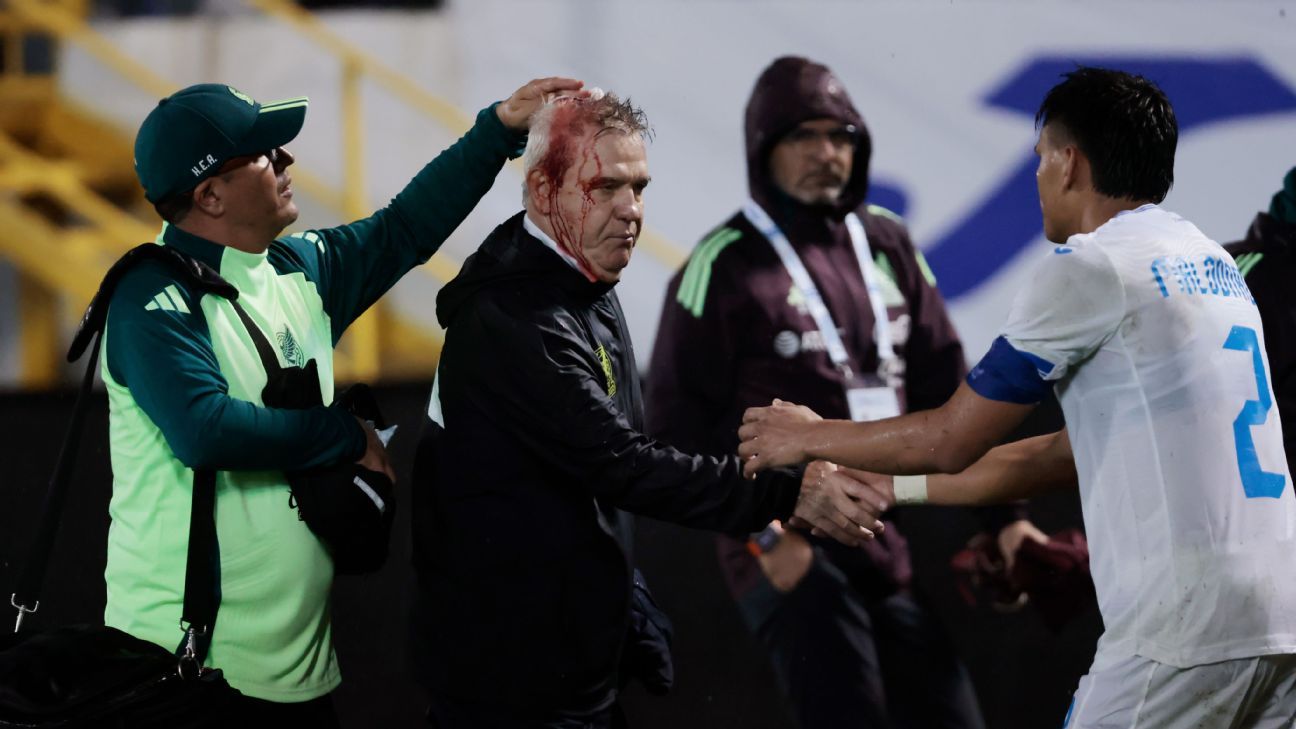
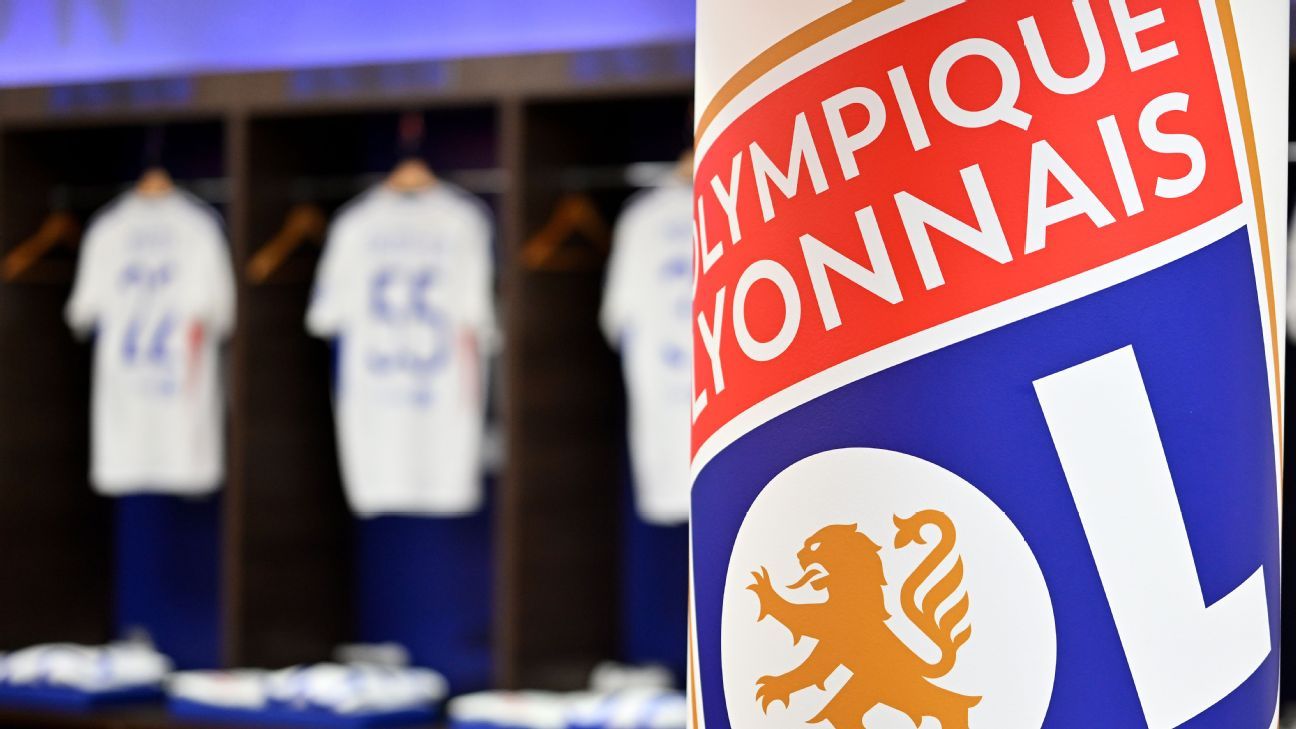






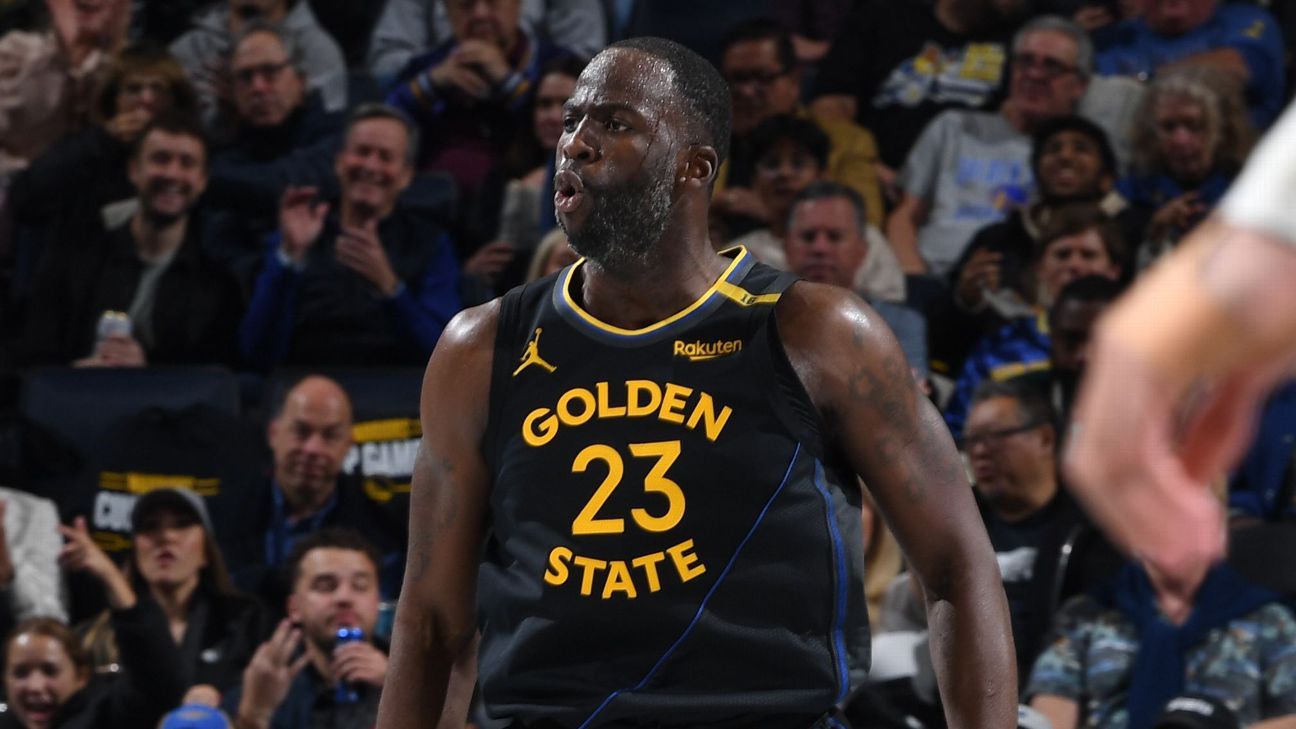
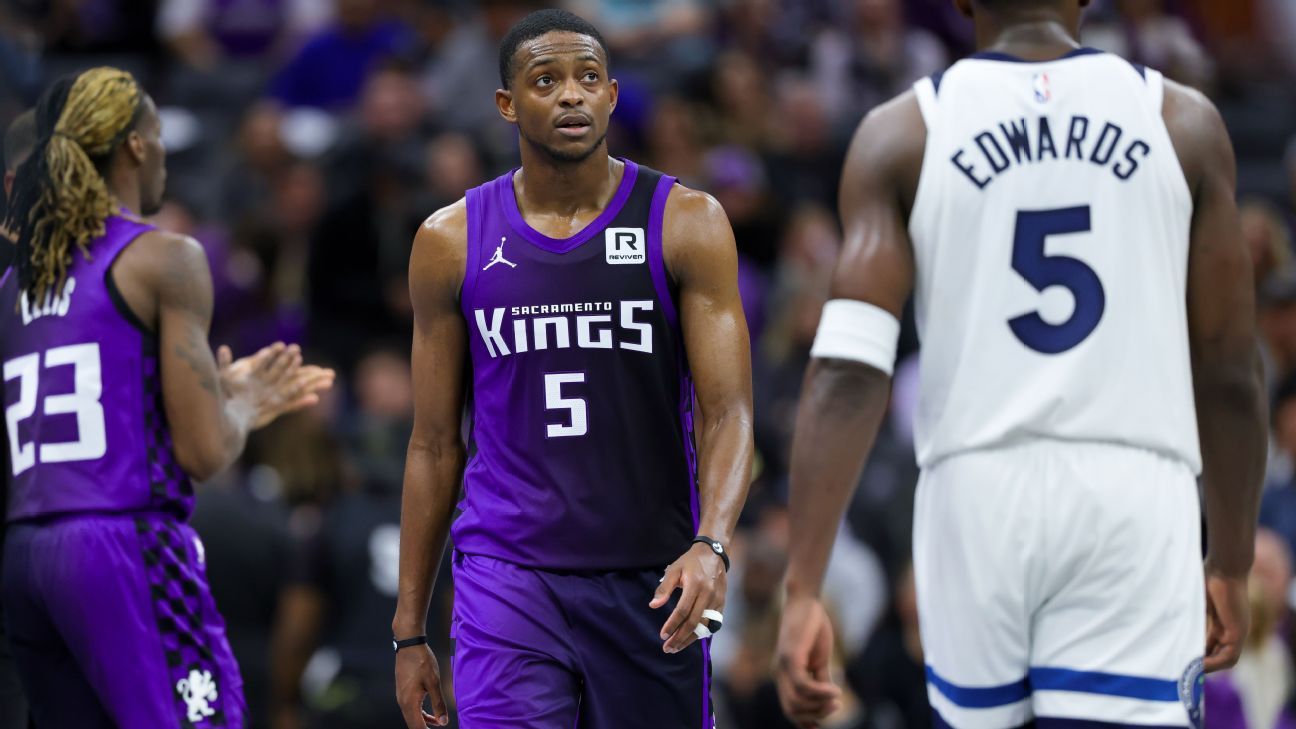
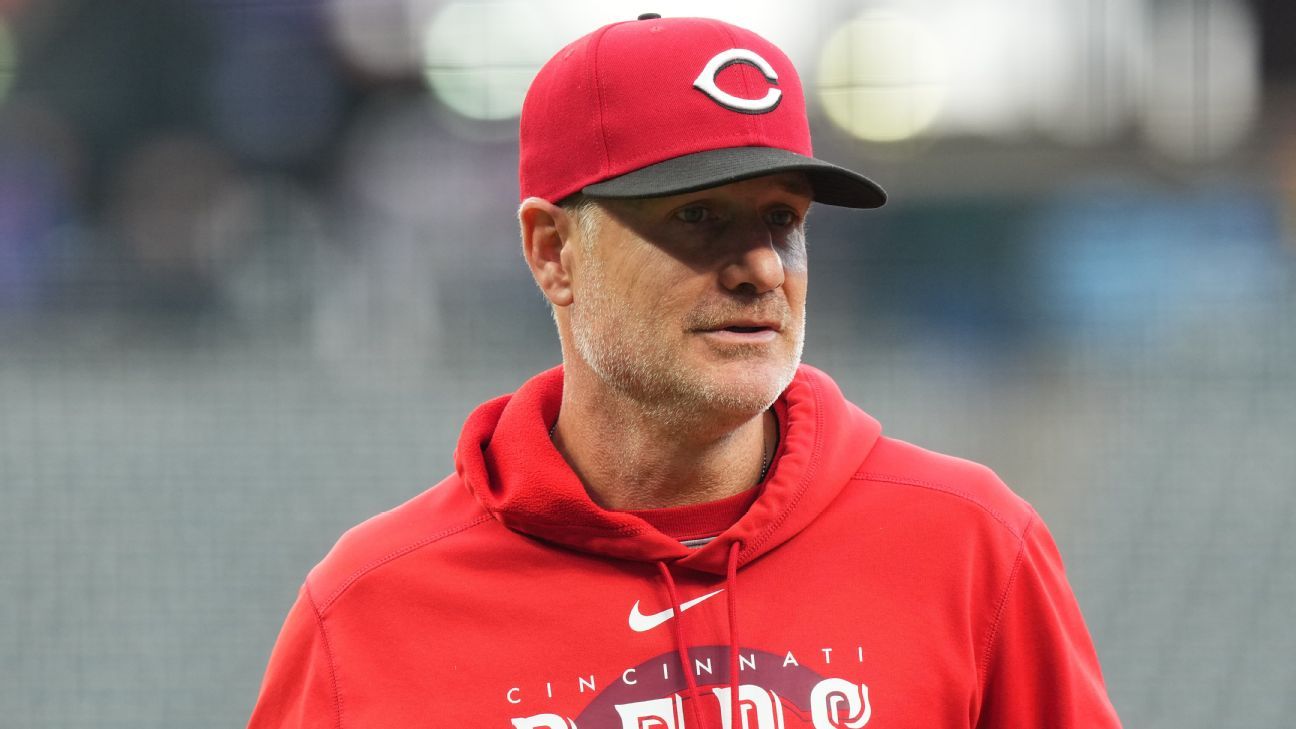
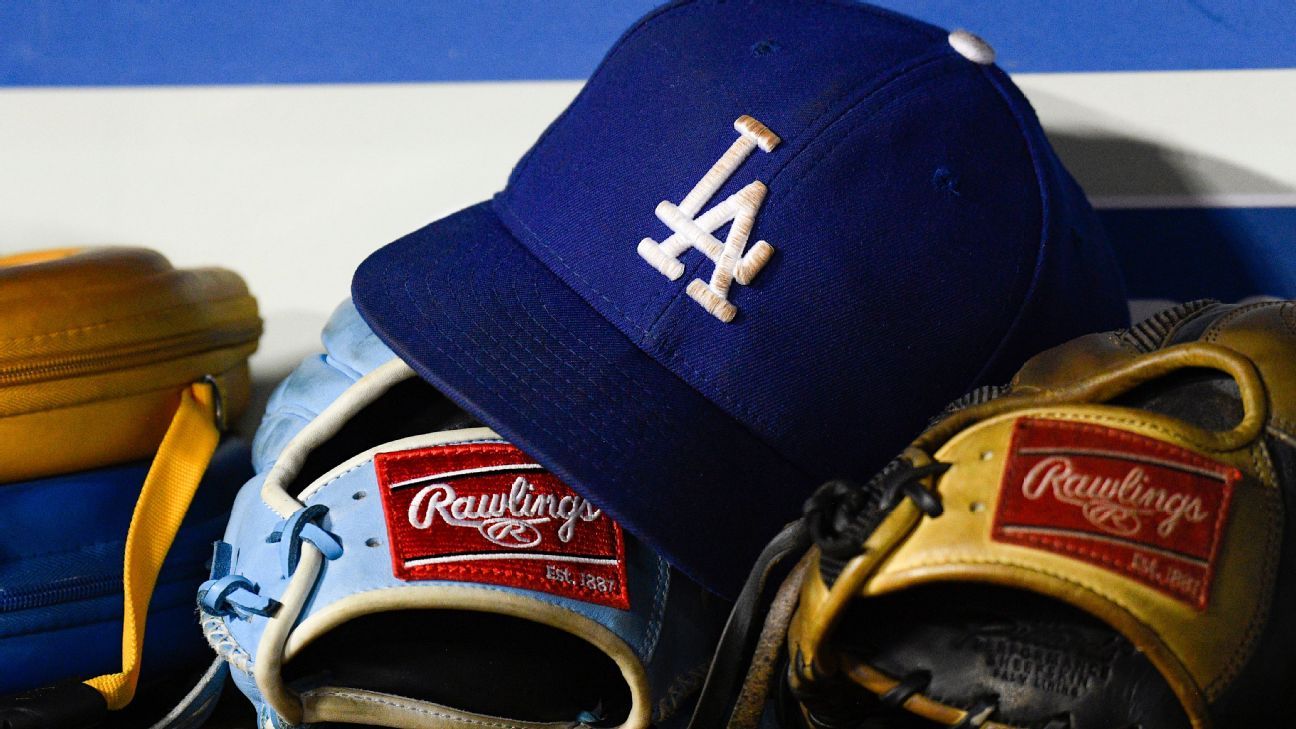

 Phone: (800) 737. 6040
Phone: (800) 737. 6040 Fax: (800) 825 5558
Fax: (800) 825 5558 Website:
Website:  Email:
Email: 






